As the world mulls over the words of Pope Francis in his latest interview to a group of Jesuit journals, the situation in Syria and the Middle East remains tense.
On Saturday, September 7, Pope Francis spent five hours praying for peace in St. Peter’s Square, surrounded by 100,000 people, and followed by millions around the world.
For the moment, there has been no expansion of the Syrian civil war. Some are seeing that as an answer to prayer.
But the situation remains unstable and dangerous. Great suffering is being visited upon the ordinary Syrians, who simply wish to live their lives in peace.
In this context, what can we do, each in our own small way?
We can continue to pray, of course, “without ceasing”; and, when possible, to fast, and to work for peace in our own communities, hoping that our spiritual efforts may combine to help bring peace even in the Middle East.
In addition, we can also come together in moments of solidarity with all those everywhere who have had their lives shattered by war and who have become refugees. This could possibly become a sort of new, global “Solidarity” movement — the solidarity of ordinary believers with all families shattered by war, all mothers and fathers who have left their homes and become refugees, or lost children.
Precisely out of a desire to show solidarity with the suffering families of the Middle East — Muslims as well as Christians, and Jews as well as Palestinians — our “Urbi et Orbi Foundation,” established at the beginning of this year to work for greater unity between the Roman Catholic Church and the Orthodox Churches, is supporting a very special cultural initiative this fall: a concert of Italian and Russian music to be held in Rome on November 12.
The principal soloist at this concert, which is being offered in solidarity with and in thanks for Pope Francis’ dramatic call for a day of prayer and fasting for peace, is a very talented young Russian singer, Svetlana Kasyan.
She herself was forced to become a refugee as a child, and her family’s ethnic background is in the Kurdish region at the intersection of Georgia, Iran, and Syria — precisely where war has simmered and raged on and off for two decades now, and threatens to explode again.
This concert will include classic arias from the Italian operatic tradition alongside arias from the modern Russian Orthodox bishop-composer Hilarion Alfeyev, including a very moving lament from his The Passion According to St. Matthew in which the Virgin Mary mourns the crucifixion and death of her Son, Jesus, yet hopes in His resurrection.
Born in Georgia, Svetlana traces her ethnic origins to Iran and Syria, precisely in the region now torn by civil war. Her own life was scarred by the late 1980s civil war in Georgia, in which her father lost his life and she herself became a refugee in Kazakstan. So her message in this concert is a personal cry from her heart..
Svetlana Kasyan has been recognized by modern critics, among them Mikis Theodorakis, as a new Maria Callas. The timbre of her voice and her four octaves of vocal range allow her to be appreciated as a new musical phenomenon on the international stage. She received her degree summa cum laude from the prestigious Moscow Conservatory and made her debut at the Bolshoi Opera House in Moscow singing in Puccini’s Tosca at the age of 26. In Italy she made her debut in the Teatro di Bari earlier this year. She has since sung the part of Queen Elizabeth in Verdi’s Don Carlo at the Teatro Regio of Turin, and the lead in Puccini’s Madame Butterfly at the La Fenice Theater in Venice.
The November 12 concert is being held under the patronage of the president of the Italian Republic, of the Pontifical Council for Culture of the Holy See and of the Russian Orthodox Patriarchate of Moscow. The concert will be dedicated to all families around the world that have been dispersed, victims of war. All proceeds from the concert will go to charitable works to support these families.

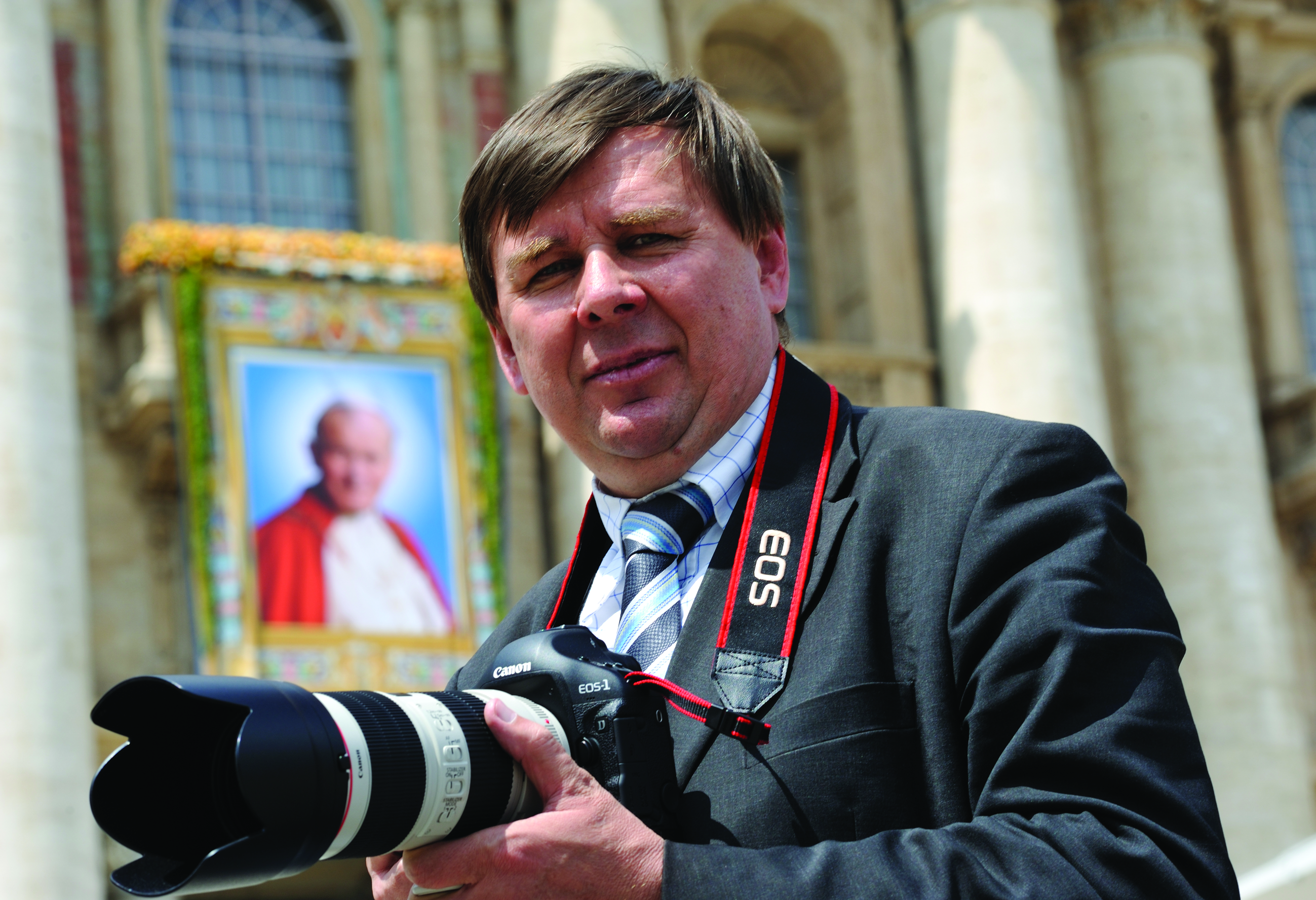
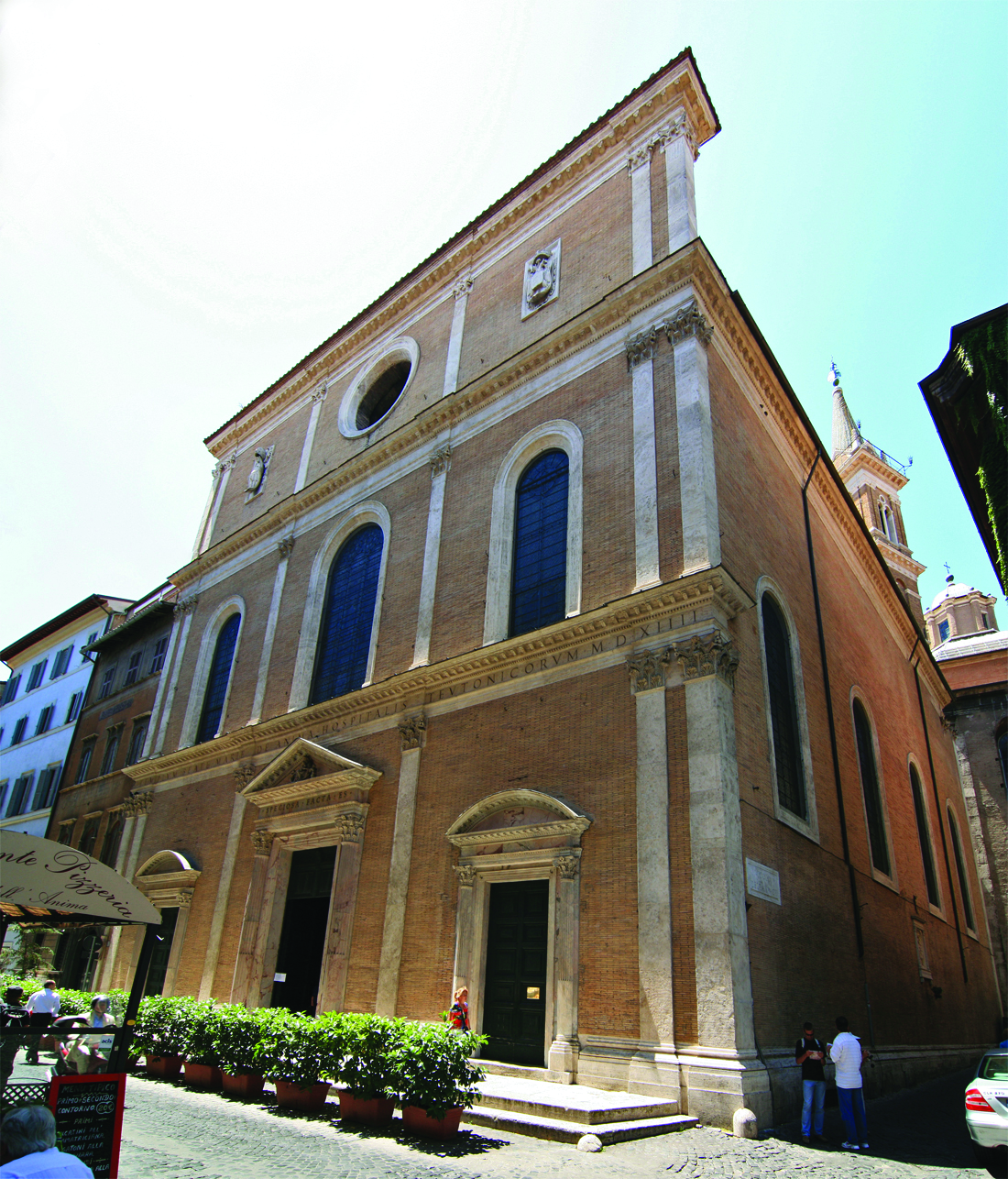
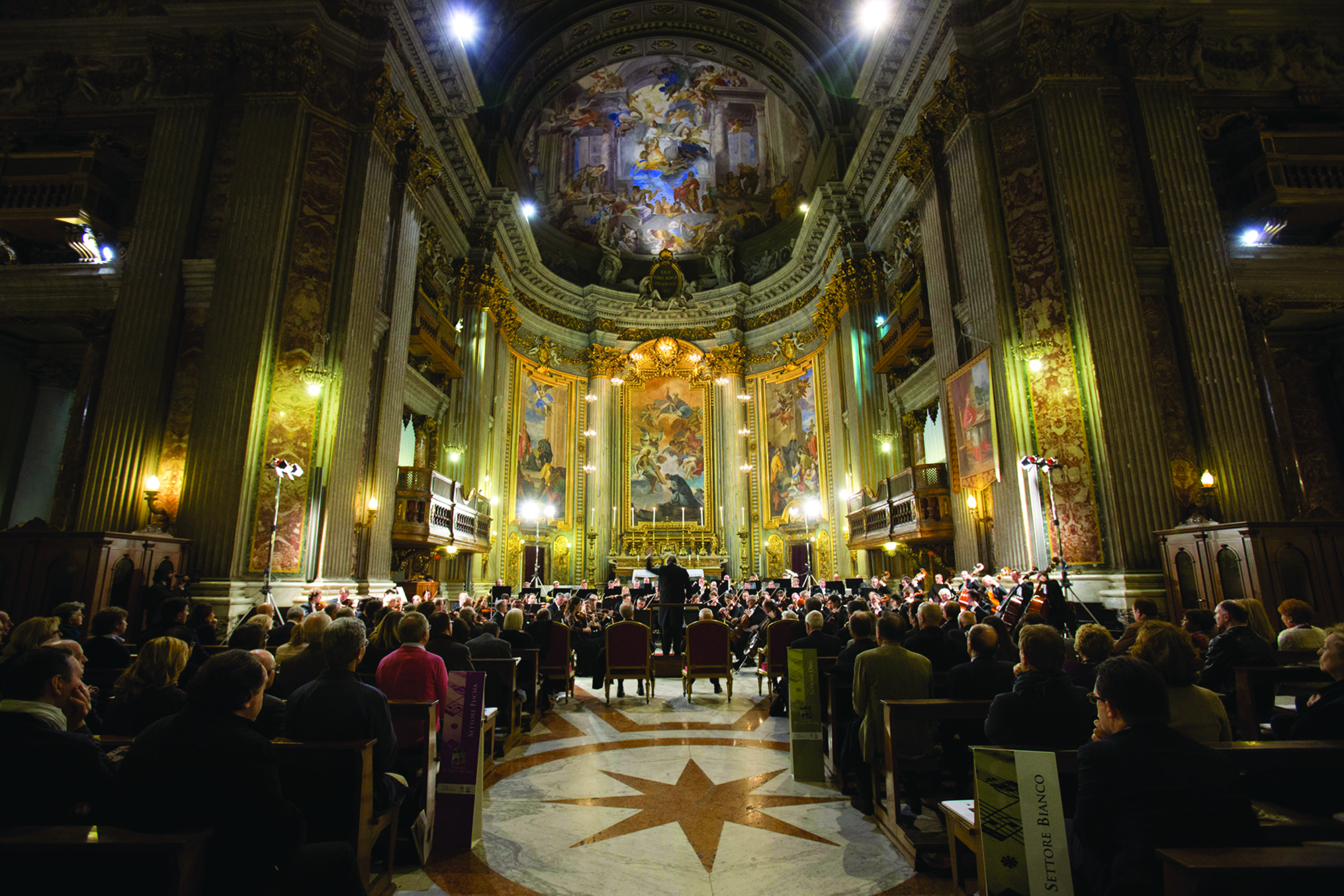
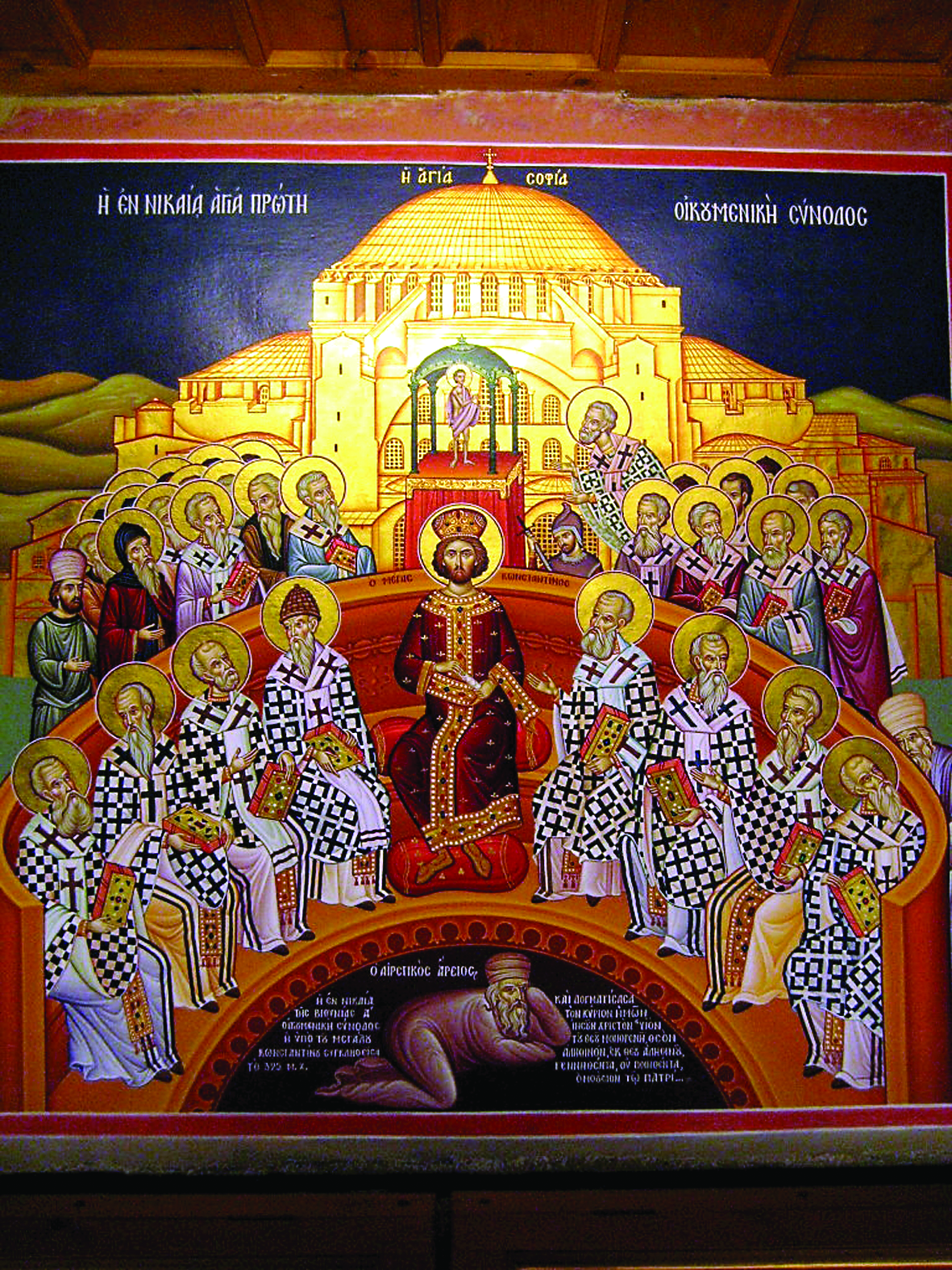
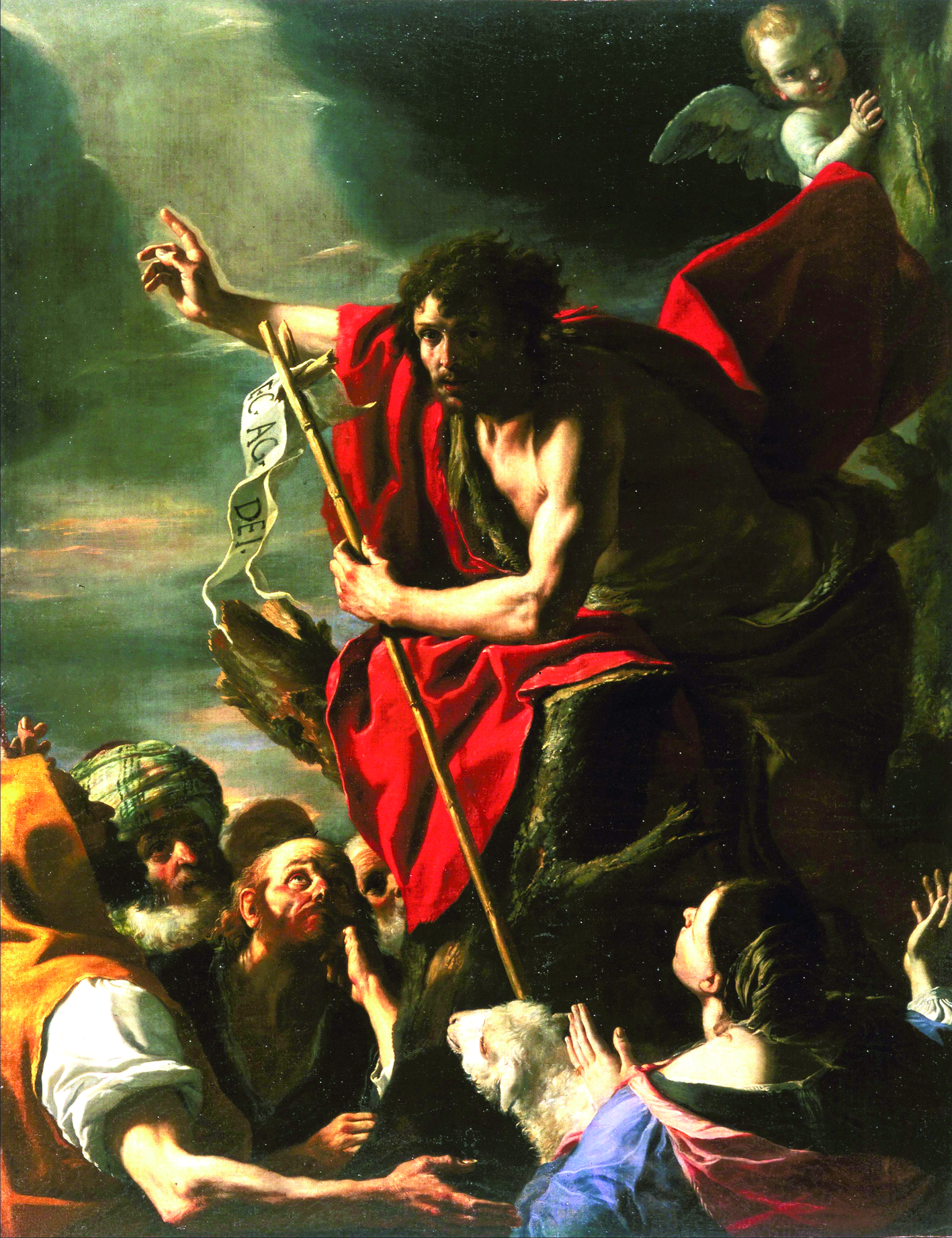
Facebook Comments